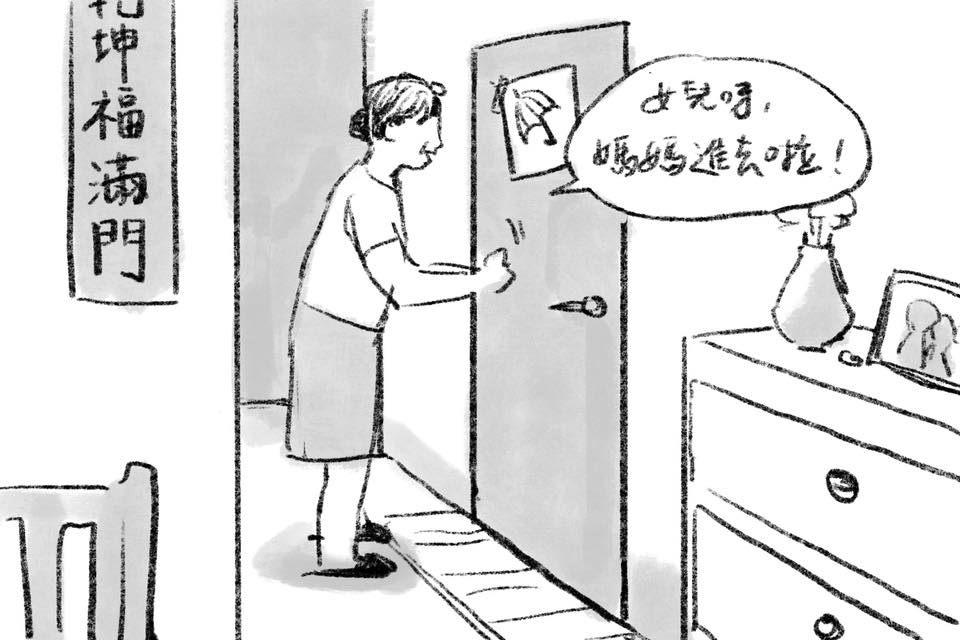Deutsche Welle reported that, on November 11, 2019, the World Bank decided to terminate its loan program and financial support to Xinjiang vocational schools amid questions of whether Beijing used the money to repress Uyghurs in Xinjiang.
The World Bank provided a US $50 million loan to the “Xinjiang Technical and Vocational Education and Training Project” in 2015.
In July, a World Bank employee wrote a lengthy email to an executive director on the bank’s board detailing concerns about the Xinjiang program. The employee listed numerous issues perceived as red flags and suggested that the program should be referred to an internal inspection committee for investigation to ensure that World Bank rules were being followed.
For example, according to a tender dated November 2018, Yarkand Technical School, which is managed by another school as part of the World Bank program, spent about $30,000 purchasing 30 tear gas launchers, 100 anti-riot batons, 400 sets of camouflage clothing, 100 sets of “stab-resistant clothing,” 60 pairs of “stab-resistant gloves,” 45 helmets, 12 metal detectors, 10 police batons, and barbed wire. It is not clear if this money came directly from the World Bank loan, or from other funding sources, but it points to a worrying cross-over between the camps and legitimate schools.
The employee’s concerns went unheeded.
On August 23, the U.S. Congressional Executive Commission on China issued a letter to World Bank President David Malpass expressing its concern.
On November 11, 2019, the World Bank decided to terminate the loan program. However, human rights organizations and experts were not satisfied since the World Bank didn’t release a thorough investigate result about how the money was used.
Source: Deutsche Welle, November 12, 2019
https://www.dw.com/zh/世银终止资助新疆职业学校-专家批治标不治本/a-51207170





